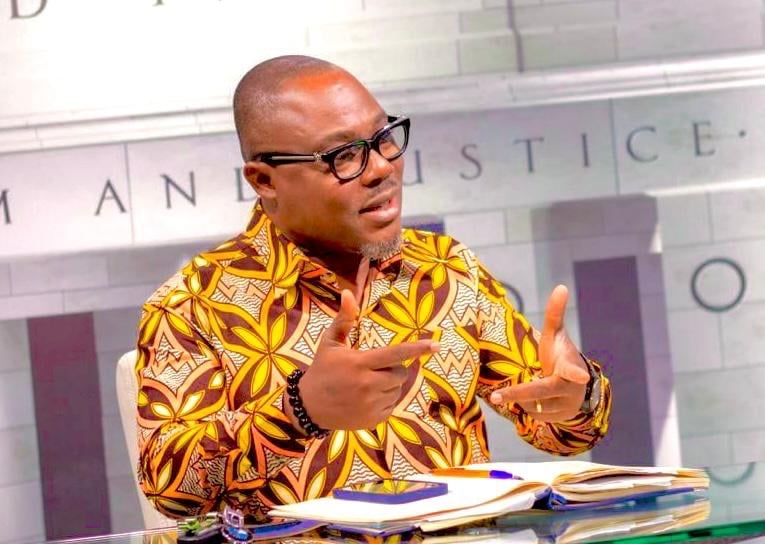Professor Ransford Gyampo, the President of the University of Ghana Branch of the University Teachers Association of Ghana (UG-UTAG), has publicly criticized the government’s measures in combating illegal mining, commonly referred to as galamsey. His comments emerged following a recent closed-door meeting between President Nana Akufo-Addo and representatives of Organised Labour, where the president requested additional time to address the escalating crisis of illegal mining in the country. This meeting was necessitated by Organised Labour’s announcement of an indefinite strike set to commence on October 10, which was a response to the government’s inability to implement a comprehensive ban on mining activities and declare a state of emergency to effectively tackle the galamsey issue.
During the meeting, President Akufo-Addo urged the leaders of Organised Labour to reconsider their planned strike, assuring them of his administration’s dedication to addressing their concerns regarding galamsey. In a subsequent announcement on October 4, the Information Minister, Fatimatu Abubakar, reiterated the government’s commitment to resolve the crisis. However, Professor Gyampo, in an interview with Citi FM’s Eyewitness News, voiced his discontent with the government’s communication strategy, arguing that the announcement from the minister seemed premature and misrepresentative. He highlighted that Organised Labour had yet to brief its members about the outcomes of their recent discussions with the president, suggesting that the government’s statement was more about public relations than substantive progress.
Professor Gyampo emphasized the importance of the timeline in which information is shared, arguing that the government’s hurried announcement could mislead the public. He expressed concern that rather than a genuine effort to secure a resolution to the galamsey issue, the government appears focused on creating the illusion of action. According to him, this approach undermines the gravity of the situation that many individuals are facing in their communities as they deal with the repercussions of illegal mining. He noted that the struggle against galamsey is not merely a matter of public relations; lives are on the line, and the fight should genuinely prioritize effective and sustainable strategies over superficial gestures.
In his remarks, Professor Gyampo underlined the profound consequences that illegal mining has on both local communities and the nation at large. He pointed out that the ongoing environmental degradation and health risks associated with illegal mining activities require urgent and comprehensive policy responses, rather than mere assurances. He criticized the government’s apparent reluctance to adopt a more decisive stance against galamsey, emphasizing that the fight should be for the welfare of the citizens—both in terms of their health and livelihoods, rather than for political gain.
Moreover, the strike announced by Organised Labour reflects a growing frustration among various stakeholders regarding the government’s lack of initiative to rectify the issues surrounding illegal mining. Gyampo noted that strikes often serve as a last resort for stakeholders who feel their grievances are not being adequately addressed. By failing to acknowledge and effectively respond to these concerns, the government risks further alienating its citizenry and increasing public dissent over the handling of critical national issues like galamsey. His assertion underlines the notion that more proactive engagement between the government and civil society is essential to formulate effective strategies to combat illegal mining.
In summary, the current discourse surrounding the galamsey crisis in Ghana highlights deeper systemic issues regarding governance, communication, and public trust. Professor Gyampo’s critique points to the necessity for the government to adopt a more sincere and action-oriented approach in its dealings with illegal mining. Rather than merely seeking sympathy through hastily issued statements, the administration must prioritize meaningful dialogue and collaboration with stakeholders to effectively mitigate the detrimental impacts of galamsey and safeguard the interests of the Ghanaian populace. Ultimately, the challenge of illegal mining is not solely one of policy execution, but also of fostering a responsive and responsible governance framework that truly prioritizes the health and future of its citizens.














